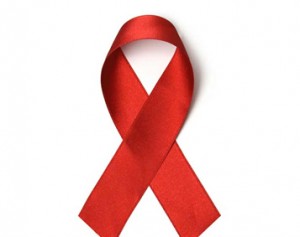Malaria, HIV/AIDS rates still high in Ashanti – Health Director
 Dr. Joseph Oduro, the Deputy Regional Health Director has disclosed that the region has not yet achieved its target of combating HIV/AIDS, malaria and other diseases as required under the Millennium Development Goals (MDG) 6.
Dr. Joseph Oduro, the Deputy Regional Health Director has disclosed that the region has not yet achieved its target of combating HIV/AIDS, malaria and other diseases as required under the Millennium Development Goals (MDG) 6.
He attributed this to the fact that most Ghanaians do not assess health care until their sickness has advanced to a critical state.
In an interview with the Ghana News Agency (GNA), Dr. Oduro said although recorded cases of these diseases seem to have reduced over the years, the number recorded as well as deaths was unacceptable as it was still high.
He said that in 2013, 1,626,127 cases of malaria were recorded out of which 101 died whilst the year 2014 recorded 190 deaths out of 1,125,631 reported cases.
He said in the first quarter of this year alone, the region has recorded 726 deaths out of 106,048 cases.
Dr Oduro further said that HIV/AIDS which seems to have lost much concentration from the public is still a prevalent disease which is taking people unawares.
He revealed that out of 18,909 patients who went through the HIV Testing and Counselling (HTC) in 2013, 4,663 tested positive while 4,660 out of 22,535 tested positive in 2014.
He said the region has a challenge with other ignored but dangerous diseases such as Tuberculosis, worms, leprosy, Burulli ulcer, elephantiasis and river blindness.
Statistics revealed that 2,421 people were diagnosed with tuberculosis in the region in 2013 whilst 2,387 were diagnosed in 2014.
Dr. Oduro said his outfit is bent on improving the health situation in the region by drastically reducing these diseases and thus, have put some measures in place.
These measures, he said, include education and sensitization of both health workers and the public on the repercussions of the diseases, mass drug administration, distribution of mosquito bed nets, environmental management and Prevention of Mother to Child Transmission (PMTCT) of the HIV virus, among others.
He also cautioned pregnant women and children under five, who are more prone to malaria, to give serious attention to any sign of the disease as it could lead to miscarriages, and convulsion which can cause brain damage and epilepsy in future.
He therefore recommended the effective use of mosquito bed nets.
Source: GNA
